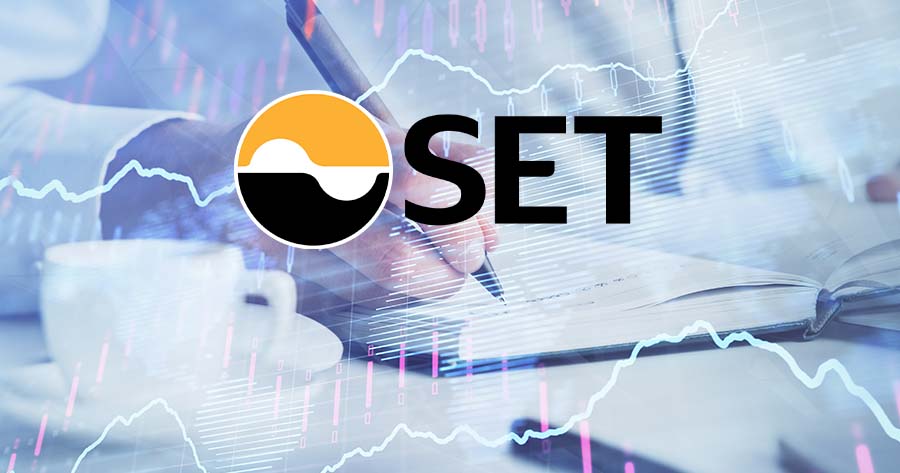Thailand’s SET Index closed at 1,256.48 points, decreased 15.62 points or 1.23% with a trading value of THB 56.37 billion. The analyst stated that the Thai market plummeted sharply following the selloff of DELTA and AOT. Meanwhile, the loss was eased in the afternoon session. Excluding the decline in the two big-cap stocks, the index would exhibit an upward trend, in line with the regional markets, as there was purchasing power in various sectors.
The analyst expected the Thai market to potentially rebound, should DELTA remain stable while other stocks extended gains.
Thailand’s economy expanded by 3.2% in the last quarter of 2024 compared to the same period the previous year. The growth was less than the 3.9% increase expectations anticipated by analysts in a Reuters survey.
Japan’s economy experienced a more robust expansion than anticipated during the last quarter of the year, with the gross domestic product (GDP) for October-December increasing by an annualized rate of 2.8%, surpassing the 1.0% growth forecasted in a Reuters poll.
Kasikorn Research Center stated that the effect of the Financial Hub Act for the private sector will remain unclear, as details on the limit of transactions with Thai residents, the intensity of the supervision under One Stop Authority, and the oversight of money laundering and the illegal transaction business are yet to be clarified.
South Korea decided to secure 10,000 high-performance graphics processing units (GPUs) within 2025 in order to keep pace with the growing competition in the AI industry. This large amount of graphic cards will be used to provide AI services at its national AI computing center in the near future.
Anticipation is mounting around the meeting between President Xi Jinping and e-commerce titan Jack Ma, coinciding with a strong run in Chinese tech stocks. Investors are keen to see if this encounter could catalyze further gains in the market, potentially extending the Friday rally.





